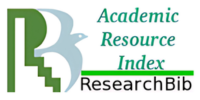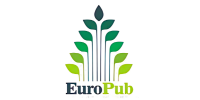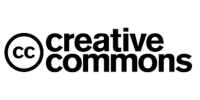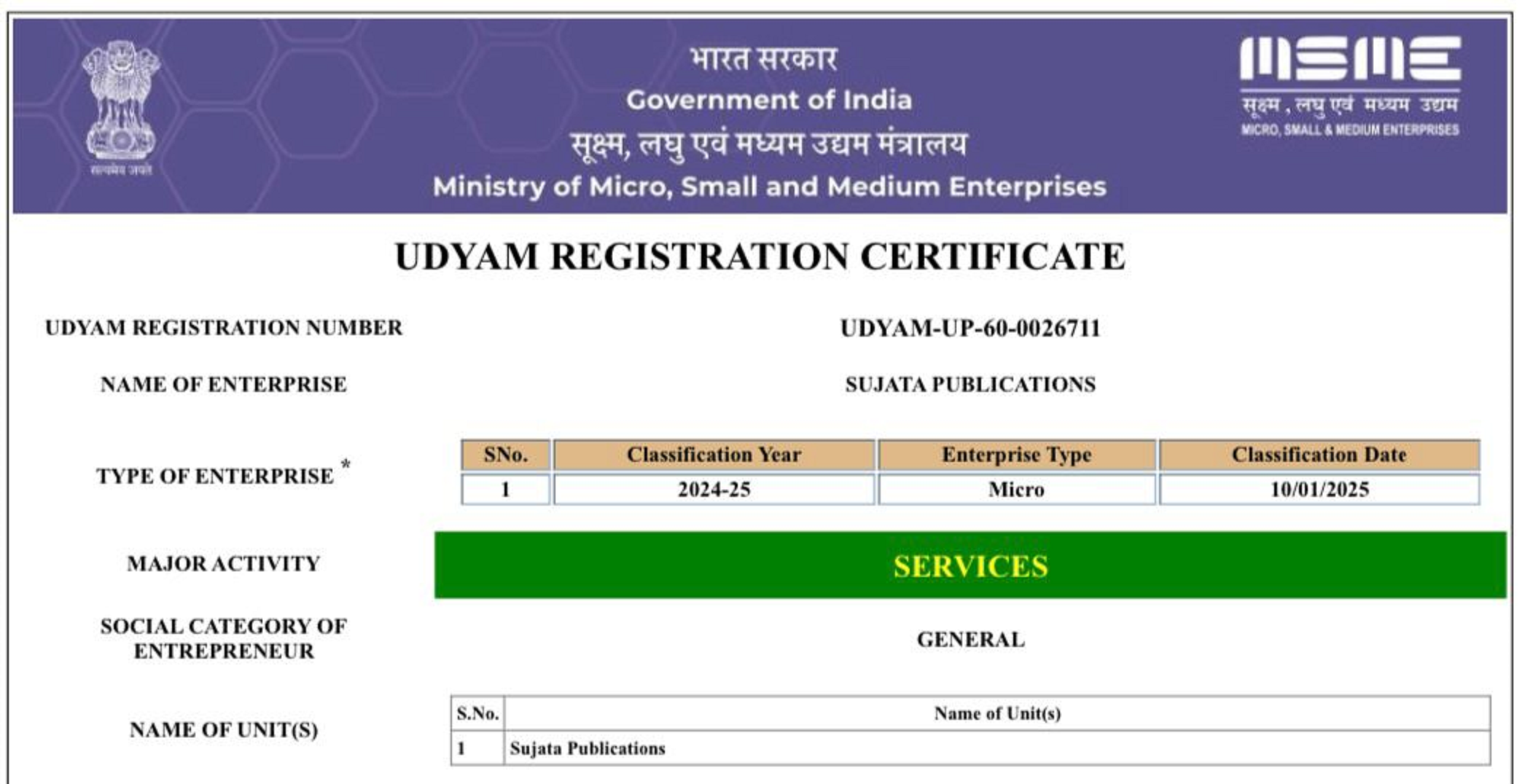Novel Hybrid Molecules for Anticancer Therapy: A Comprehensive Review
DOI:
https://doi.org/10.62896/ijpdd.1.6.12Keywords:
Molecular, Hybridization, Anticancer, Agents, Cell Lines, In Vitro, Pharmacophore Novel, Hybrid, Molecules, Anticancer Therapy, Hybrid molecules, Anticancer therapy, Drug design, Combination therapy, Cancer treatment, and Cancer treatment.Abstract
The investigation of novel hybrid molecules has been prompted by the search for effective anticancer medicines. These molecules offer intriguing pathways for battling cancer through creative processes, and they have been the subject of this investigation. This extensive study provides a synthesis of the existing literature on hybrid compounds that have been created for anticancer therapy. It sheds light on the various structural compositions of these molecules as well as the many mechanisms of action that they possess. The review begins with an overview of traditional anticancer techniques and the limits of those approaches. It then goes on to outline the logic for harnessing hybrid molecules, highlighting the potential of hybrid molecules to overcome resistance and boost therapeutic efficacy. The advantages of hybrid molecules over conventional medicines are highlighted, along with the many methodologies for building hybrid molecules, such as conjugation, combination, and hybridization of pharmacophores. In addition, molecular targets that are essential for the progression of cancer and treatment are investigated, which offers insights into the rational design of hybrid compounds. In this study, the significance of hybrid molecules in preclinical and clinical settings is highlighted by the presentation of sample case studies. These case studies provide light on the chemical structures, mechanisms of action, and therapeutic results of hybrid molecules. Techniques for synthesis and characterisation are investigated, with a particular focus on the significance of structure-activity relationship studies in the process of developing hybrid compounds for inhibitory efficacy against cancer. Additionally, the obstacles that are currently being faced in the field as well as the future approaches that are being pursued are discussed, which paves the way for further developments in the creation and translation of novel hybrid molecules for the treatment of cancer.
Downloads
Published
Issue
Section
License
Copyright (c) 2024 Sujata Publications

This work is licensed under a Creative Commons Attribution-NonCommercial 4.0 International License.
















